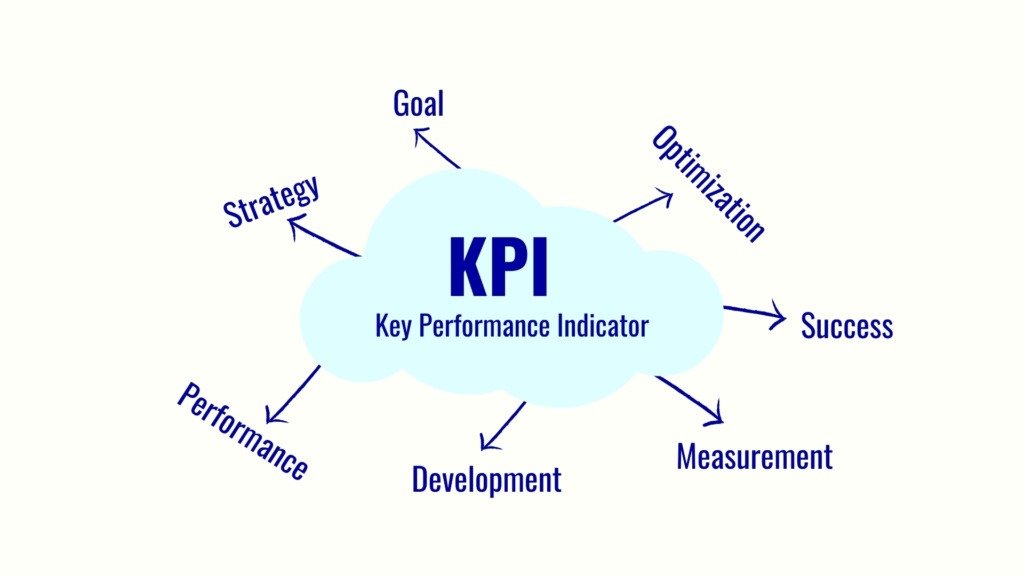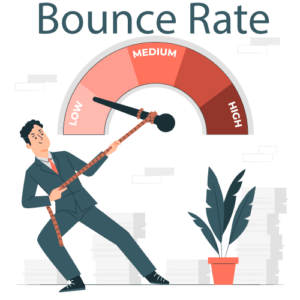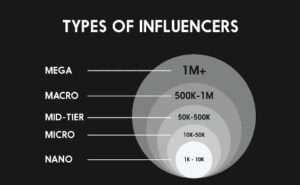Digital Marketing Business Plan Since the dawn of the Internet, the field of digital marketing has grown considerably more intricate. No one bothered with a digital marketing plan back in those days, and those primarily invested in digital mediums such as websites, banner ads, and email marketing.
You can choose from various digital marketing methods and platforms today. Which should you prioritize? SEO or PPC? Blogs or online seminars? What’s better, social media or email? Advertising using podcasts or online videos? Which is more convincing, augmented reality (AR) or virtual reality (VR)? When and how much money should you invest?
It isn’t easy to narrow down your alternatives to the ideal ones for your brand.
A strategy for digital marketing is what you require.
A detailed plan allows you to quickly and successfully fully identify and implement your company’s most productive methods. Maintaining consistent communication with your target audience, keeping their interest, and motivating them to take action are all made easier with a well-thought-out digital marketing plan. Businesses can be more effective by making plans ahead of time, working together across teams, and combining their digital marketing efforts.
In this article, you’ll find advice on how to organize your digital marketing efforts.
What Exactly is a Digital Marketing Plan?
Along with business goals, digital strategies, research on the competitive landscape, and other things, you might include timelines, budgets, digital channels, and further details.
You may compare a digital marketing strategy to a road map. You have a goal in mind, and the map shows how to get there.
Your hard-earned digital marketing efforts will be inefficient and fruitless if you don’t have a clear strategy. You can expect to lose money and get fewer benefits.
How to Make a Digital Marketing Plan?
Let’s talk about the different parts of a digital marketing plan and the exact steps you need to take to make one.
Identify and specify your desired outcomes for your digital marketing efforts.
When developing a digital marketing plan, it is essential to set goals that are specific, measurable, and within reach. Don’t be vague or rambling when writing down your objectives. Include concrete metrics and time frames to track your development against.
Segmenting your target market and creating buyer personas
One of the best things about digital marketing is that you can focus on a specific group of people.
You need to know your audience inside and out for your digital marketing campaign to succeed. By breaking down your target audience into smaller groups and creating buyer personas for each subset, you can gain valuable insight into how to reach them with your marketing efforts best.
To get started, break down your intended audience into its parts. Once you have identified your consumer segments, you can develop buyer personas for each group.
The purpose of developing customer personas is to put yourself in the shoes of your target audience. Once you fully grasp what drives them, you can craft a digital marketing strategy that effectively addresses their most pressing needs and concerns.
Determine your market share by researching the competition
To maximize the success of your advertising campaigns, you must first identify your competitors. You can learn who else is in the market, how much of the pie they have, and what advertising methods they use by conducting extensive research on the competition.
A thorough analysis of the competitive landscape can help you figure out how to use digital marketing to beat the competition.
Perform a SWOT analysis

One can conduct a SWOT (strengths, weaknesses, opportunities, and threats) analysis to complement a competitive landscape analysis. It provides a framework for considering external factors about your company’s performance. The method can be used to assess the state of the business, find areas for organic growth, and foresee potential risks from the outside world.
Examine the positive aspects of your business first. Exactly how do you stand out from the crowd? What is it that you excel at? Just what are the special tools at your disposal?
Think about where you could use improvement next. What parts of your company are falling short? Can you name some of the obstacles that prevent you from closing sales? Where do you fall short in comparison to your rivals?
The following action is to analyze the possibilities for your business in detail. Do you see any opportunities in the current market climate? Do you have access to cutting-edge technologies that your rivals don’t? Do you feel like some members of your audience are being left out?
Lastly, you should identify the dangers that could affect your company. Is there a chance a rival company will eat into my market share? If so, what factors might be preventing the expansion of the company? Can you foresee any money problems shortly?
Create a solid digital marketing plan with the information from your SWOT analysis. You want to play to your advantages, lessen the impact of your disadvantages, advance toward your opportunities, and sidestep any hazards that could derail your progress. This is in the interest of boosting your business’s revenue.
Determine how much money you can allocate to your digital marketing plan
Establishing a financial plan is the next step in developing a successful digital marketing plan for your brand. Your available resources for digital marketing will depend on your budget, as will the channels, methods, and techniques you choose to use.
Decide on your digital marketing channels.
It would be best to determine which digital marketing channels will be most important for your business before you start working on a content plan. Your audience, objectives, and resources should guide your channel selection.
Think about your target market’s habits and where they spend their time online before settling on digital channels. Channels like LinkedIn and webinars are particularly effective for businesses marketing to other companies, and Instagram influencer marketing is a great option if you’re targeting a younger demographic. Prioritize providing value to your audience using the communication methods they prefer. You should also not presume that your readers are uninterested in high-quality material.
Create digital marketing tactics
The next step in digital marketing is to make plans and strategies for your chosen channels.
Standing out in a crowded market and properly optimizing your digital marketing portfolio will be more challenging. Stick to your brand’s values when you develop your digital marketing plan.
Make a marketing schedule
Using a marketing calendar, you can plan exactly when you will launch your digital marketing campaigns and activities. In addition, it establishes responsibility, which is crucial for meeting targets and carrying out the plan efficiently
throughout the year. A calendar can also help you stay in touch with all your target groups throughout the year.
Create a 12-month plan and divide the year into monthly segments. If you do this, you will have a general structure to work within and plenty of time to plan and carry out your deliveries.
Evaluate your digital marketing strategy’s ROI and key performance indicators
Finalizing your digital marketing plan and strategy involves defining metrics and key performance indicators to track your progress and evaluate your success. Your marketing efforts’ success can’t be judged until you assess the starting point and your original objectives. If the results are lackluster, tweak and optimize, and then measure again.
As a marketer, you need to keep track of the results from all of your efforts to determine which strategies are yielding the best results for your business and which ones may be scrapped.
Last Words
Creating a digital marketing plan fosters marketing integration, which drives a more significant business effect. They will eventually give in if you constantly bombard consumers with brand-related messages, deals, and CTAs. So, you may get more done in less time and with fewer resources if you repurpose and atomize your marketing materials wisely.
Whether you own a well-known online store or a national chain of brick-and-mortar stores, you need a digital marketing plan. The time, energy, and planning involved are all well worth it, and the results of your marketing efforts for the company will improve significantly.




















































